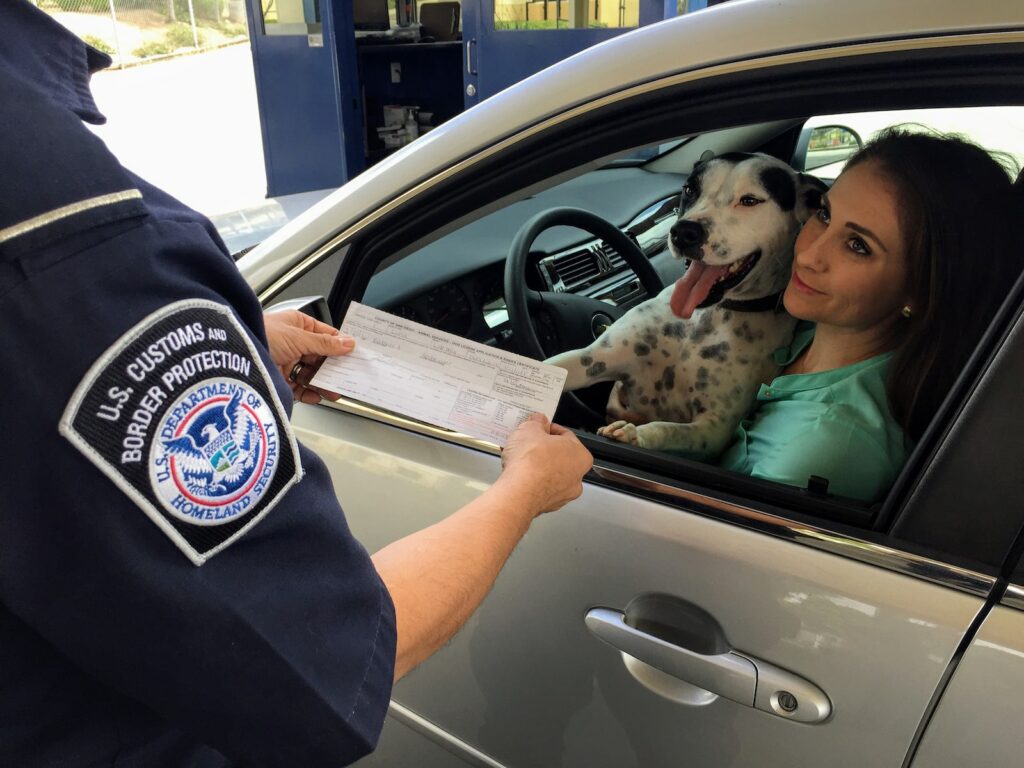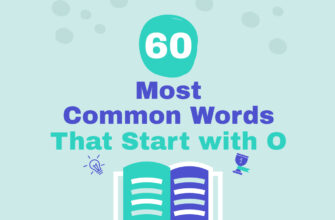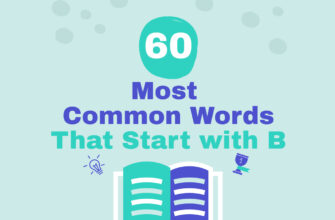The English language contains fascinating words, each with a unique history and meaning. C stands out as one of the most versatile and commonly used among the many letters of the alphabet.
The letter C appears in many words that we use in our everyday lives, ranging from simple vocabulary to more specialized terms. This article will explore the 60 most common words that start with C.
Some of the most common words include “car,” “cat,” “child,” and “city,” while more specialized terms include “countrywide,” “consideration,” and “committee.”
Not only will this list help you to expand your vocabulary, but it will also provide insights into how words are formed and how they have evolved.
Understanding the origins and meanings of these words can give us a deeper appreciation of language and how it shapes our world. So, let’s dive into the exciting world of C words without further ado!
1-20: Words Starting with C
Car: A noun that refers to a road vehicle typically powered by an internal combustion engine.
Cat: A noun that refers to a small carnivorous mammal with fur, whiskers, and retractable claws.
Child: A noun that refers to a young human being below puberty or adolescence.
City: A noun that refers to a large town or urban area, typically the center of commerce, culture, and government for a region.
Class: A noun that refers to a group of students taught together or a system of categorizing things based on shared characteristics.
Close: An adjective that refers to something near or in proximity. It can also be used as a verb to mean shutting something or bringing something to an end.
Cold: An adjective that refers to a low temperature or chilly sensation. It can also be used as a noun to refer to a common viral infection of the upper respiratory tract.
Company: A noun that refers to a commercial business enterprise or a group of people who associate for a common purpose.
Country: A noun that refers to a nation with its government occupying a particular territory.
Cover: A verb that means to place something over or on top of another thing. It can also refer to a protective outer layer for an object or surface.
Course: A noun that refers to a series of lessons or lectures on a particular subject. It can also refer to the path taken by a moving object or a river.
Covered: An adjective that refers to something concealed or protected by a cover. It can also refer to a surface coated or protected by a material layer.
Cut: A verb meaning to make an incision or slice with a sharp instrument. It can also refer to reducing the length or size of something by removing a piece or portion.
Change: A verb that means to make or become different or to exchange one thing for another. It can also refer to transitioning from one state or condition to another.
Control: A noun that refers to the power or authority to direct or manage something or a device or mechanism used to regulate a process or system.

Covering: A noun that refers to a material or layer used to protect, conceal, or decorate something. It can also refer to a news story or topic that is given attention by the media.
Critical: An adjective expressing disapproval or judgment or relating to a crucial or decisive point. It can also refer to the condition of a patient who is in a severe or life-threatening state.
Call: A noun that refers to a brief visit or a phone conversation. It can also refer to a decision made by an official or authority or to a loud cry or shout.
Check: A verb that means to examine or verify something or to stop or hold back something from progressing. It can also refer to a mark made to indicate agreement or completion or to a written order for payment from a bank.
Complete: An adjective that means having all the necessary or appropriate parts or elements or to bring something to an end or conclusion. It can also be used as a verb to finish or finalize something.
21-40: Words That Start With C
Company: A noun that refers to an organization, business enterprise, or a group of people together for a common purpose. It can also refer to the companionship or association between people.
Continue: A verb that means to persist, endure, or keep going without interruption. It can also refer to carrying on with an activity or task after a pause or break.
Controlled: An adjective that means managed or regulated or to have power or authority over something or someone. It can also refer to a situation or condition that is restrained or governed somehow.
Cost: A noun that refers to the price or amount of money required for something. It can also be used as a verb to require payment or expense.
Coverage: A noun that refers to the extent or scope of something or the reporting or treatment of a news story or event by the media. It can also refer to the protection or safeguarding of something.
Consider: A verb that means thinking about carefully, considering, or considering something in a particular way. It can also refer to showing concern or sympathy for someone.
Country: A noun that refers to a nation or state with its government occupying a particular territory. It can also refer to a rural or agricultural area or region.
Close-up: A noun that refers to a photograph, film, or shot taken at very close range or a detailed examination or inspection of something. It can also be used as an adjective to describe something viewed from a very close distance.
Comfortable: An adjective that means physically relaxed and at ease or to be free from pain or discomfort. It can also refer to a situation or condition that is pleasant or easy.
Challenge: A noun that refers to a difficult task or situation requiring effort or determination. It can also be used as a verb to invite or confront someone to do something difficult or risky.
Communication: A noun that refers to exchanging information or messages between people or the means or methods used to convey this information.
Certain: An adjective that means having no doubt or uncertainty or to be known or established without doubt. It can also refer to a particular number, time, or amount that is fixed or specified.
Central: An adjective that means being the main or most important part or place located at the center of something. It can also refer to a political or administrative body that governs a particular region or territory.
Claim: A noun that refers to a demand or assertion of a right or quality or a statement that something is true or factual. It can also be used as a verb to demand or assert ownership or possession of something.
Chaos: A noun that refers to a state of complete disorder and confusion where there is no clear organization or structure. It can also be used to describe a situation or event that is unpredictable and uncontrollable.
Community: A noun that refers to a group of people living in a particular area or having a common characteristic or interest. It can also refer to a feeling of fellowship or belonging within this group.
Changeable: An adjective that means liable to change, alter, or be able to be changed or altered. It can also refer to a person or mood that is unpredictable or prone to change.
Clean: An adjective free from dirt, marks, or stains or hygienic or sanitary. It can also be used as a verb to remove dirt or unwanted material from something.
Consequence: A noun that refers to a result or effect that follows from an action or condition or the importance or significance of something.
Contract: A noun that refers to a written or spoken agreement between two or more parties, typically enforceable by law. It can also be used as a verb to enter into a formal agreement or contract with someone.
41-60: C Starting Words
Considerable: An adjective that means large or significant in size, amount, degree, or worthy of attention or consideration. It can also refer to an important or respected person or thing.
Complete: An adjective that means having all the necessary or appropriate parts or elements or to bring something to an end or conclusion. It can also be used as a verb to finish or finalize something.
Critical: An adjective expressing disapproval or judgment or relating to a crucial or decisive point. It can also refer to the condition of a patient who is in a severe or life-threatening state.
Crowd: A noun that refers to a large number of people gathered together in one place or a group of people who share a common interest or purpose. It can also be used as a verb to mean to fill or pack a space with many people or things.
Correct: An adjective free from error or mistake or to be accurate or true. It can also be used as a verb to make something right or accurate.
Custom: A noun that refers to a traditional or habitual practice or behavior or a product or service made to order or tailored to the customer’s specifications.
Chair: A noun that refers to furniture with a back and seat designed for one person to sit on. It can also refer to a person who presides over a meeting or assembly.
Committee: A noun that refers to a group appointed or elected to perform a particular function or task, typically overseeing a larger organization or body.
Contain: A verb that means to hold or have within a particular space or area or to keep something under control or within limits. It can also refer to something included or comprised within a larger group or set.
Countrywide: An adjective that means covering or extending throughout a whole country or affecting or involving the entire population of a country.
Challenge: A noun that refers to a difficult task or situation requiring effort or determination. It can also be used as a verb to invite or confront someone to do something difficult or risky.
Cook: A verb that means to prepare food by heating it or to be skilled in cooking. It can also refer to a person who prepares food professionally.
Character: A noun that refers to the mental and moral qualities distinctive to an individual or person represented in literature or drama. It can also refer to a letter or symbol used in writing or printing.
Correctly: An adverb free from error or mistake or accurately or truly.
Consideration: A noun that refers to careful thought or deliberation or something given in exchange or as a reward. It can also refer to a payment or fee made in exchange for a service or product.
Capacity: A noun that refers to the maximum amount that something can hold or contain or to the ability or power to do something. It can also refer to a particular role or position that a person holds.
Crucial: An adjective that means extremely important or decisive or to be at a point where something can succeed or fail. It can also refer to a point in time or a stage in a critical or pivotal process.
Casual: An adjective that means relaxed, unconcerned, informal, or relaxed in style or behavior. It can also refer to something not regular or planned or a garment suitable for everyday wear.
Comment: A noun that refers to a remark or observation made in response to something or an expression of opinion or judgment. It can also be used as a verb to express an opinion or observation.
Cause: A noun that refers to a person, thing, or event that gives rise to an action, phenomenon, or condition. It can also be used as a verb to make something happen or bring about a result.













